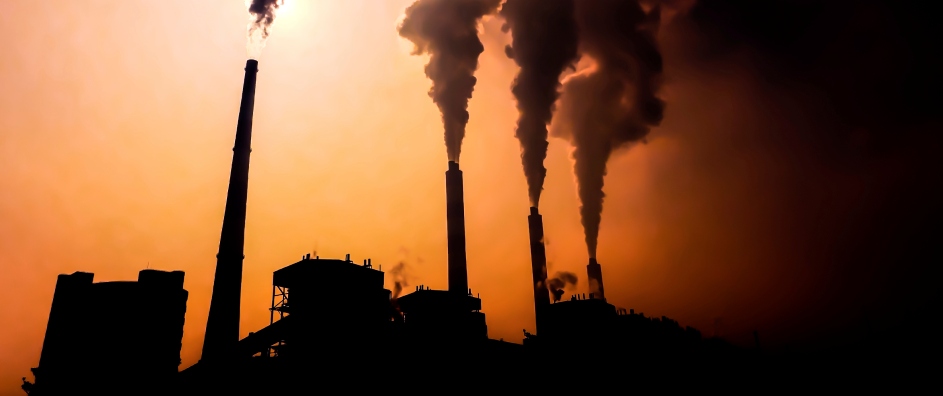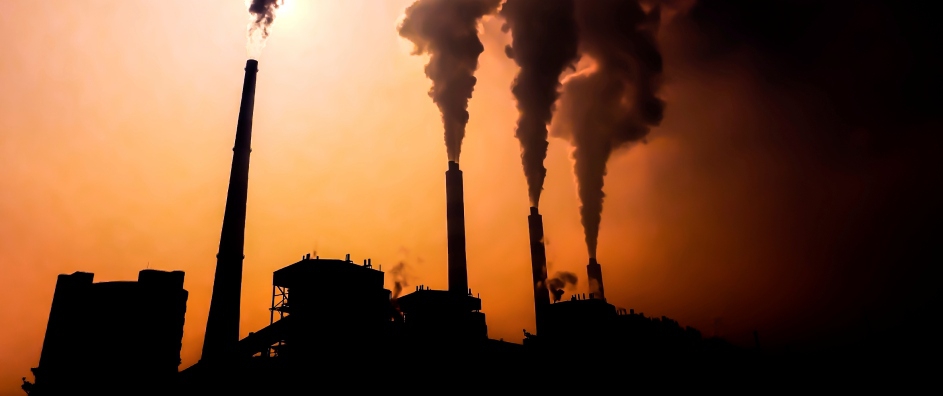The views expressed in our content reflect individual perspectives and do not represent the authoritative views of the Baha'i Faith.
 Chances are good that the sophisticated, modern electronic tech device you’re reading right now got its power from the oldest and dirtiest fuel known to humanity. According to the United States Energy Information Administration, the United States generated approximately 4,054 billion kilowatt hours of electricity last year – and about 68% of the electricity came from fossil fuel (coal, natural gas, and petroleum), with 37% attributed to coal-fired power plants.
Chances are good that the sophisticated, modern electronic tech device you’re reading right now got its power from the oldest and dirtiest fuel known to humanity. According to the United States Energy Information Administration, the United States generated approximately 4,054 billion kilowatt hours of electricity last year – and about 68% of the electricity came from fossil fuel (coal, natural gas, and petroleum), with 37% attributed to coal-fired power plants.
Baha’is encourage the world’s nations to find sustainable ways to provide their people with power:
The unrestrained exploitation of natural resources is merely a symptom of an overall sickness of the human spirit. Any solutions to the environment/development crisis must, therefore, be rooted in an approach which fosters spiritual balance and harmony within the individual, between individuals, and with the environment as a whole. – Baha’i International Community, 5 April 1991, Earth Charter.
Today, at a United States’ Environmental Protection Agency Listening Session held in Washington, DC on Carbon Pollution Standards for Existing Power Plants, the Baha’is of the United States gave this testimony on the setting of standards to regulate carbon pollution from those sources:
Good morning. I’m Peter Adriance, Representative for Sustainable Development for the Baha’is of the United States.
I’m pleased to be among the several representatives of faith communities here speaking in strong support of EPA’s efforts to develop carbon pollution standards for existing power plants.
As President Obama has pointed out, the climate issue is not only a technical one.
In his words, “We have a moral obligation to future generations to leave them a planet that is not polluted and damaged.”
We in the faith community would, of course, agree. But it is not only future generations that will bear the impacts of climate change. They are being felt now, most intensely by those populations around the world who are least able to cope with them. We must act with great conviction and haste to move toward solutions.
The central principle of the Baha’i Faith is the oneness of humankind. This principle has deep implications for policy in many arenas. It should guide us to seek solutions that are equitable and just, treating all people as members of one human family. I believe that to be effective, the carbon standards established by EPA over the next several months must be animated by this foundational principle.
People of faith across the country are collaborating to reduce their emissions through energy conservation measures and the purchase of green power. They are putting their heads and hearts together to address this issue. Today in Hartford, Connecticut, for instance, representatives of many faith communities, including Baha’is, are meeting for a Climate Stewardship Summit. Such cooperative efforts can make a difference. But this is only a part of what is needed. In order to make real progress, national policies need to be set to address major sources of emissions.
The setting of carbon standards for power plants is an important move in that direction.
The Obama Administration’s release of the President’s Climate Action Plan this past June was a major step forward. As the report notes, power plants are the largest concentrated source of emissions in the United States, accounting for one-third of all domestic greenhouse gas emissions.
Strong carbon standards across the board will help to substantially reduce emissions from these sources. Such standards should be based on the most recent climate science and designed to achieve the emissions reduction targets that are necessary to avoid the worst impacts of global warming.
As a father of three and someday I expect, a grandfather, my hope is that we can leave the world in better shape than we find it now, a world in which my children (indeed all children) will be able to lead safe, productive and healthy lives. Setting strong carbon standards for power plants is one critical step toward that goal. I thank EPA for its efforts in that regard.
You May Also Like
Comments


















I'm pleased to read of your efforts, and sincerely hope they will move America forward in our efforts to reduce CO2 and global warming. I have been working for the past few years on solar power projects. In NJ at least, it has become economically viable, but just barely, so the progress is not a rapid as it should be. I am convinced that the single most effective step the government could take to reduce CO2 output is to establish a carbon-tax that would generate funds to pay for all of the damage that CO2 is ...causing. This would mean that people would have to pay the full price for carbon fuels--not just the price of producing the fuel, but also the price of fixing the damage that it causes. This increased price alone would tip the balance in favor of solar throughout large parts of the country.
Although the idea has widespread support among both liberals and conservatives, alas, it seems that politics is still getting in the way. Instead of using the funds from a carbon-tax exclusively for paying for the damage it causes, Democrats and the liberal wing want to use a large part of the funds to subsidize the cost of energy for the poor (their political base). On the other hand, Republicans and the conservative wing want to use excess funds to reduce the national debt, which will enable them to reduce taxes, which favors the wealthy (their political base.) The desire for political power seems to prevent the government from getting anything done these days.